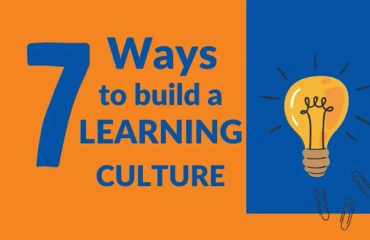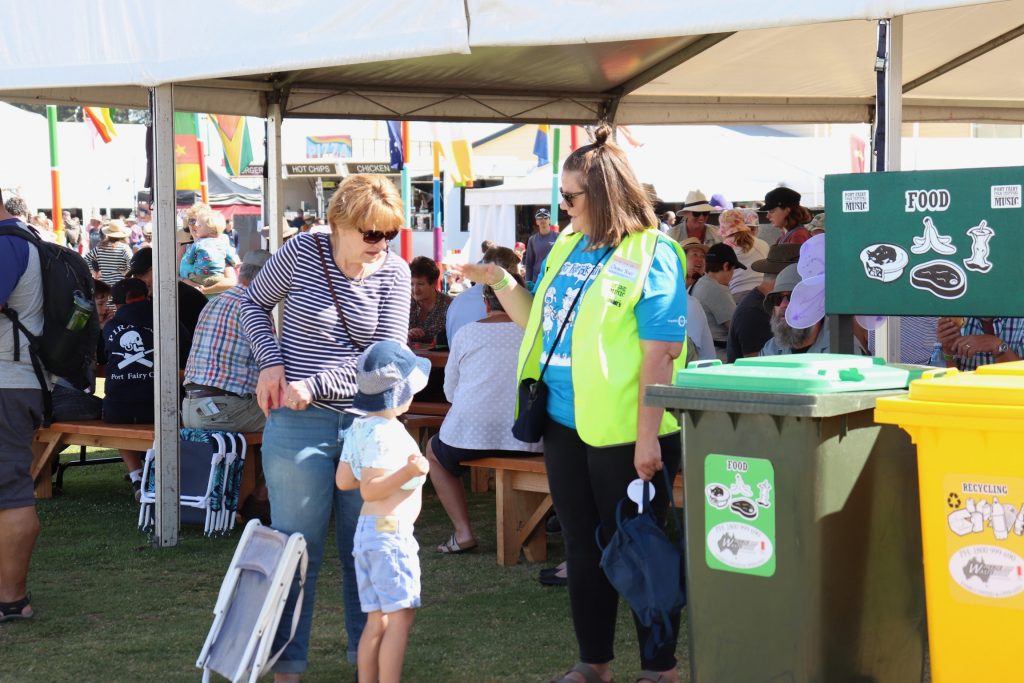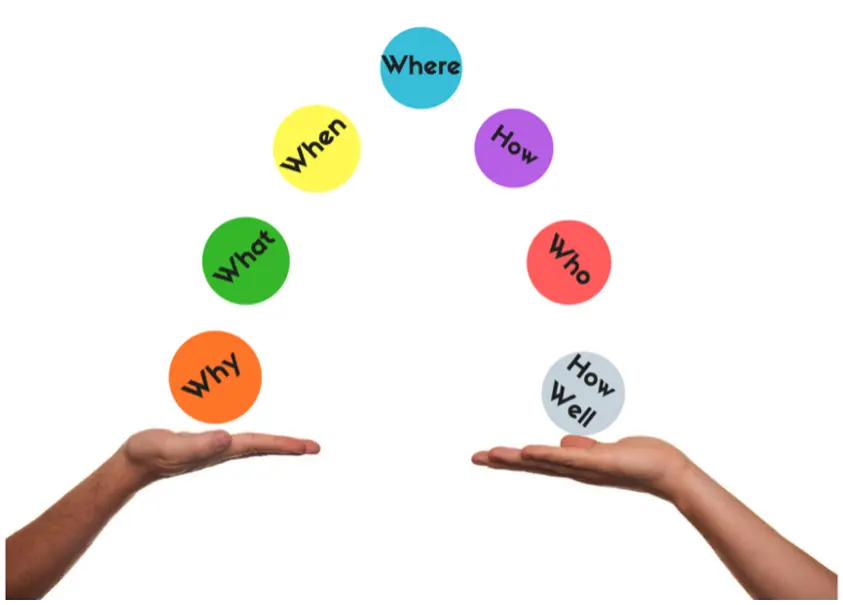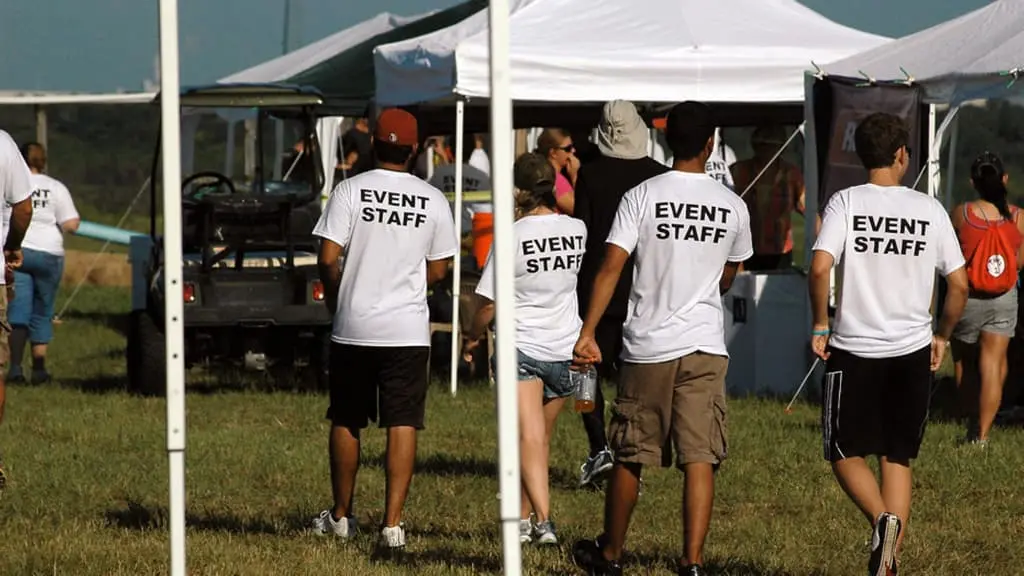Right across the country for a while now events have been making a comeback and people are coming back to events. But no event symbolises this return more than this year’s Formula 1 Australian Grand Prix! The Formula 1 Australia Grand Prix was run 108 weeks after the 11th hour cancellation of the 2020 event. The Grand Prix, which may have been buoyed by the Netflix effect of Drive to Survive, was the hottest ticket in town with almost 420,000 attending over the four days and 128,000 race goers attending the final day of the event.
There is other good news in Melbourne, with the announcement this week that the 2026 Commonwealth Games will be held across regional Victoria with the opening ceremony to be held at the Melbourne Cricket Ground. The games will be held 20 years after the 2006 Commonwealth Games which was a huge success. In the meantime, Melburnians are feasting on a huge number of events with Melbourne International Comedy Festival taking centre stage with hundreds of shows across dozens of venues. Hamilton and Moulin Rogue continue to wow audiences, and Crowded House taking to the stage at the Sidney Myer Music Bowl and exhibitions of Gabriel Chenal at the National Gallery of Victoria closing in April and Elvis: Direct from Graceland
Further north the Sydney Royal Easter Show celebrated in style with a Royal visitor with Princess Anne officially opening the bicentennial show, only to be marred by the end of the weekend with a large brawl leaving one youth dead, another injured and another in custody and in another serious incident when a four-year-old was left unrestrained on a ride. The ride was subsequently shut down pending an investigation by Safework NSW.
Great Southern Nights is coming to a close after three weeks of reigniting the NSW live music scene and quite literally getting the show back on the road with a number of regional performances.
Sydneysiders are also experiencing The Phantom of the Opera on a harbour stage in not only a spectacular location but in what we have come to know as a very safe COVID experience.
And finally Bluesfest will make a triumphant return over Easter despite two years of shutdowns and the Bluesfest site being inundated with flood waters during the most recent devastating weather events in the Northern Rivers area.
Right around the country things are happening – the Brisbane Cycling Festival, over in the west The Wiggles are back and in Alice Springs, Parrtjima 2022 — A Festival in Light, Parrtjima is a free authentic Aboriginal light festival. And even better than the Formula 1, the Birdsville Races made its triumphant return on April 10/11.
All around the country people are coming out and enjoying events and event freelancers, organisers and suppliers are settling into the new normal. But unfortunately it seems the industry is lurching from one crisis to another with staff shortages now the next major challenge facing the industry.
Hospitality venues around the country are struggling for staff, some major event venues are turning away business and the demand for event is outstripping the industry’s capability to deliver capable staff. At the start of the footy season the MCG was making headlines for all the wrong reasons, queues a mile long with many of the catering outlets shut due to hospitality shortages.
Indications are the problem is not going away in the short term with the National Skills Commission monthly vacancy report showing there were 269,700 jobs advertised in February – an increase of 9,300 jobs from January. The current rhetoric in the Federal election campaign seems to be more about creating jobs than finding and skilling people up to work in the jobs that are currently unfilled. And at the same time industry representatives have noted great difficulties hiring event managers with any experience. It begs the question where have all the event workers gone and what does this mean for the events industry?
Here are the 5 top issues to look out for…
1. Staff shortages are putting pressure on all parts of event delivery and operations. You may need to make some smart choices about what event elements are essential and what you need to let go. Make sure these choices and staff shortages don’t lead to shortcuts in managing event details, training new staff or any element of your operations relating to health and safety.
We think this is going to be the biggest challenge with the exodus of experienced qualified staff from the industry and the remaining increased requirements related to COVID continue to put stress on operations. Where experience staff could spot a health and safety issue a mile off, inexperienced staff will need training, guidance and supervision to make sure nothing is missed. You might need to use some external training support to take some of this load. There are many options to choose from, here is an example of online courses for health and safety and also emergency management. SAFETYINDUCT – Web-Based Learning Space
2. Managing customer expectations will be an essential communication requirement, although don’t expect that will make any great difference as customers don’t appear to be very forgiving now as staff shortages impact other industries as well and add to the frustration many are feeling in the community.
Customers are different somehow. The COVID years have done nothing to improve the mood of some customers, the additional rules, lack of staff and not being out so much of the past couple of years means that customers and team members are not “match fit” and that is making challenging customer service situations even more challenging. Setting the team up for success rather than failure will help you here. Review your policies and procedures and remove any unnecessary roadblocks for customers or staff. Once again think about some customer service training or support for your team.
3. Flexible cancellation policies are here to stay because COVID is here to stay for a while longer, and as a result so are flexible refund and exchange policies. Think about how you can use these policies for positive brand development and yield management. Your marketing team many need to work a bit harder to fill those seats. If they don’t already check if your Ticketing provider is enabling self-service to reduce workload for your team and issues for the customer, if not it might be time to start looking for another provider. Fevre Tickets is a Melbourne based company with this functionality already in place for example.
4. Despite the energy of having people attend in person events being what many of us aspire to, online events still have their place, either completely online or hybrid events which means that event planners need to have all the necessary skills to deliver online and in person events. Once again, the delivery of these events will be dependent on the availability of staff or contractors with these skills, finding people with AV skills is one of the greatest challenges for event organisers as many have left the industry for more secure work. Event delivery is not the only challenge, with data safety for personal information collected from event attendees a key issue, checking your IT protocols and ensuring the security of attendee data is essential for event organisers in this space. If you are doing online or hybrid events making online events bigger, better, and more informative and entertaining than ever will be on top of the to do list for these event planners.
5. Training and great leadership skills are more important than ever. With the lack of experience in the industry getting new people up to an acceptable competency level is going to be a key priority for event organisers and suppliers. Read our blog on building a learning culture for more information.
If you are a leader, it is important to understand you are being watched all the time by your team, they are looking for you to lead by example, to live the culture of the organisation but also to watch and learn from you about how to handle difficult situations. If that is not in your skill set then it’s time to do some personal development yourself, none of us are perfect, showing your team you are willing to learn some new skills and develop your expertise is a great way to create a learning culture where the team and the organisation can thrive.









